I’m coming to think we are measuring all the wrong things when we look at the health of a country.
I’ve made this point on economic data before, and now I think it’s the case on personal finance.
Most financial welfare measures are about the minimum we need to live. There are measures of relative poverty, absolute poverty, we talk about food poverty, and now we have energy poverty to boot.
The “cost of living crisis” is a regular topic in the news and, actually, it hasn’t properly taken hold yet – sorry to be flippant, but there is worse to come.
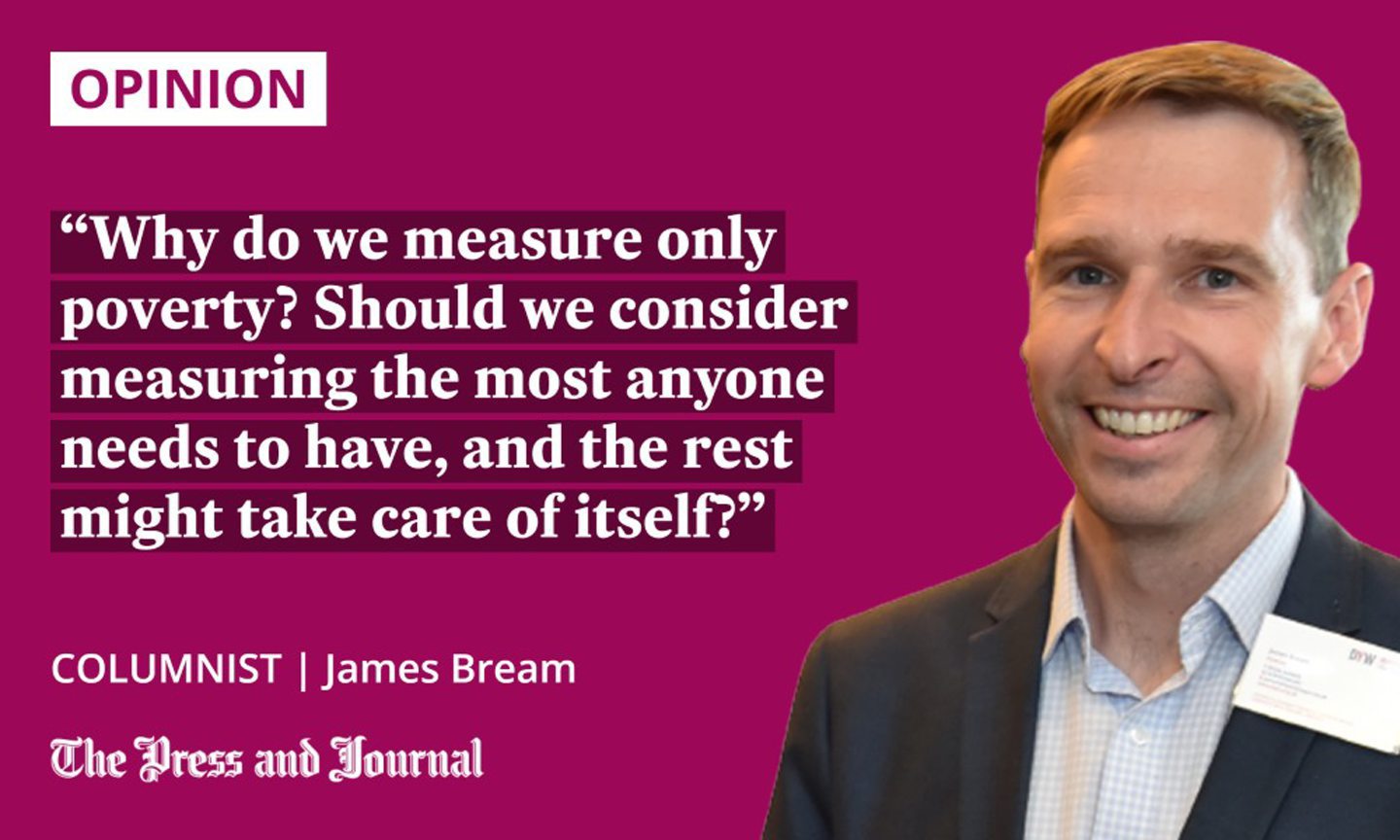
Inflation continues to rise, and there is a risk of compound inflation, as certain factors could lead to similar numbers through spring 2023 which would, in effect, make people 20% worse off than in 2021.
As well as increasing measurement on poverty, we are failing to measure what is happening with excessive wealth. There seem to be things happening which are obscene to me, in a cultural and parity sense.
People have always wanted more. However, we now have people with so much wealth that their children, grandchildren and multiple generations beyond will have money most can only dream of. Indeed, with even the most basic wealth management, generations of these families will never have to work.
What we are seeing is inequity being baked into the lives of future generations. It was always thus, but it feels more concerning today and it isn’t being discussed.
Golf is a great example of greed
One real life example of greed is in my favourite thing: golf. There is a new kid on the block in the world of golf, called the LIV tour.
The new kid has pocket money from Saudi, and it is now funding the richest tournaments ever held and giving vast amounts of money to players just to attend. Players who are not at the very top of the game are winning money which will set them up for life, and more.
Players have tried to suggest that the LIV tour can be a catalyst for change or an opportunity to grow the game. These statements are absolute nonsense; it is all about money
In many respects, I cannot blame these golfers for following the pound or dollar. The media have absolutely caned them by asking how comfortable they feel about taking money from a country with “questionable” human rights standards. The questioning is fair but hypocritical, as most will have earned money, bought goods or somehow engaged with a country with dubious ethics and standards.
What has been embarrassing about the advent of the LIV tour is that the players who have moved to this competition have suggested they are doing so for sporting reasons. Graeme McDowell, a Northern Irish golfer, has suggested that the tour will be better for fans, as it is new and unique. This assertion is simply wrong – the format is terrible for fans.
Other players have tried to suggest that the LIV tour can be a catalyst for change or an opportunity to grow the game. These statements are absolute nonsense; it is all about money. If these players think us fans believe otherwise, they must think we are as stupid as the pheasants currently trying to battle me on the A90.
So many have wealth they don’t need
What has been refreshing is the stance that players such as Rory McIlroy have taken. McIlroy has not followed the money and, in doing so, he will become a sporting icon.
As a player, he’s spoken about the history of golf, its context, competition, and the importance of sporting integrity and winning. He is, of course, rich, but he could have taken more money and set up generations of McIlroys, too – yet, he didn’t.
I assume he feels he has enough money and can make more and become a sporting legend to boot. I’m quite sure many fans like me think far more of him because of his stance.
So, back to where I started: why do we measure only poverty? Should we consider measuring the most anyone needs to have, and the rest might take care of itself?
Perhaps we wouldn’t see so many people chasing wealth they just don’t need. If you have £1 billion, why do you need £2 billion?
James Bream is CEO of Aberdeen-based Katoni Engineering and chair of DYW North East
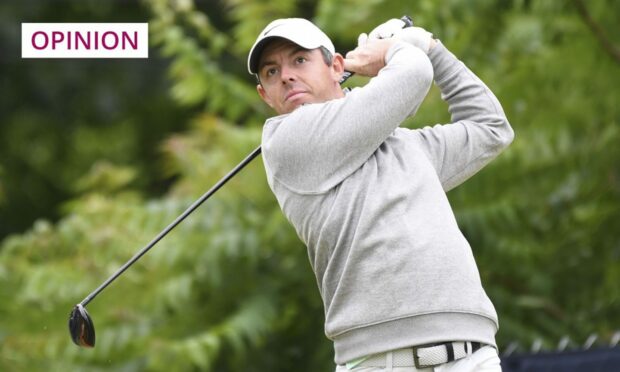


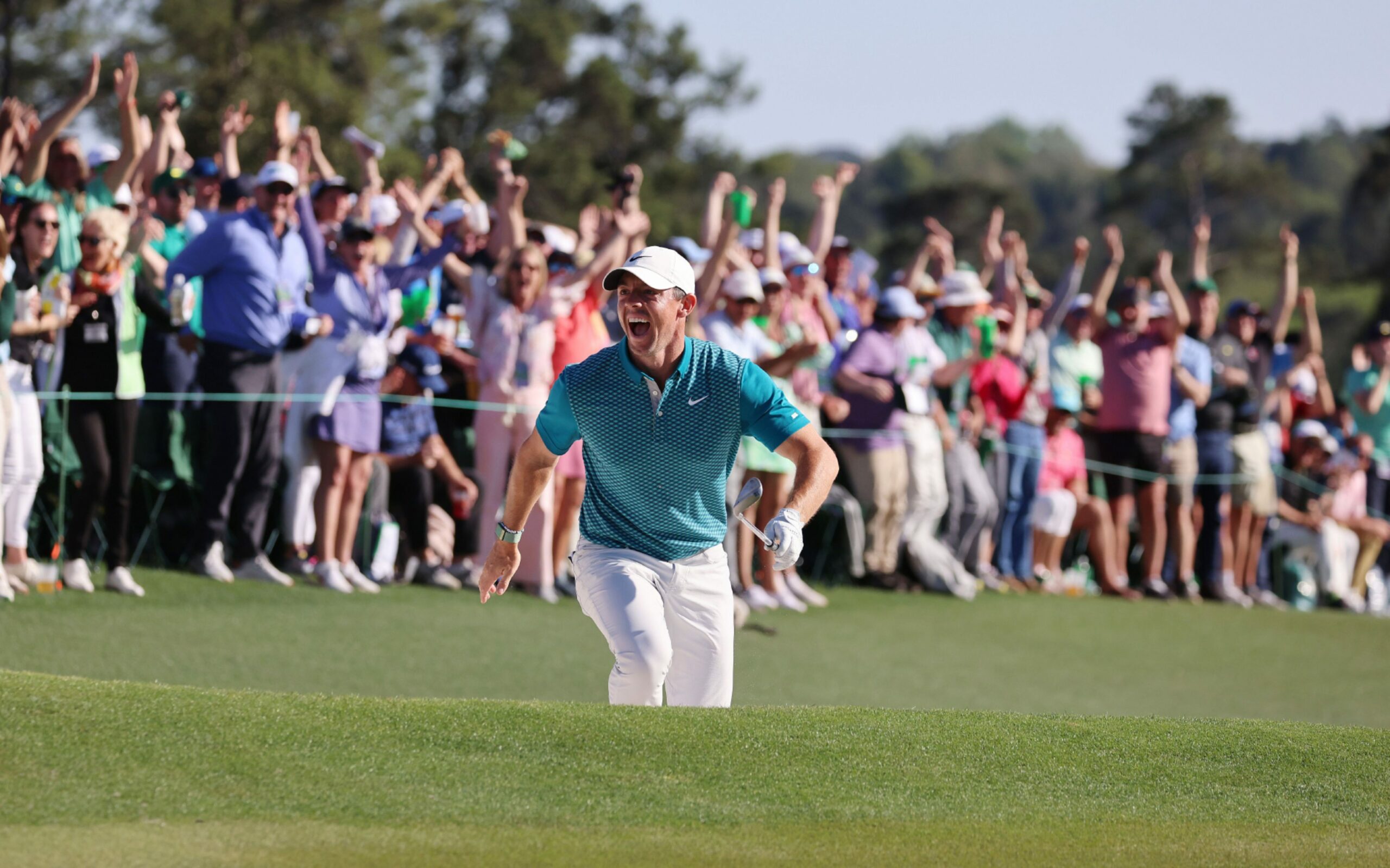
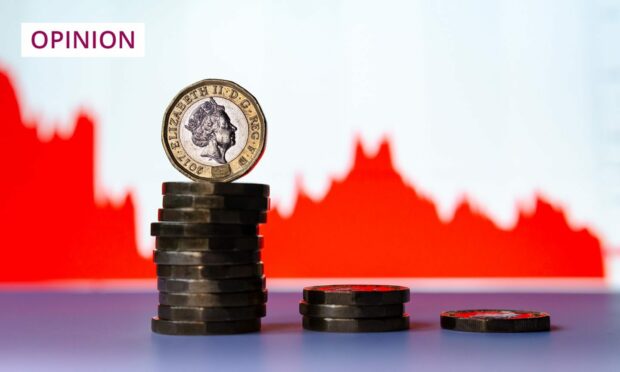
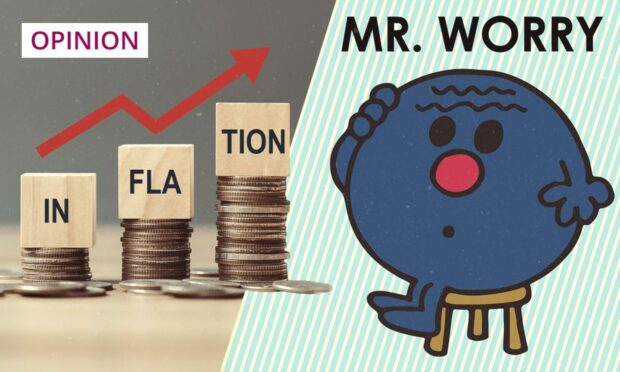


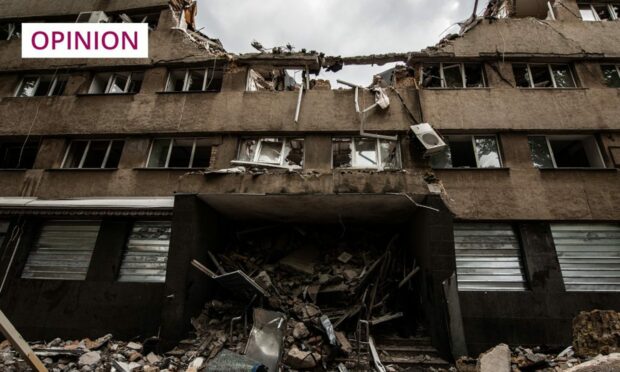
Conversation